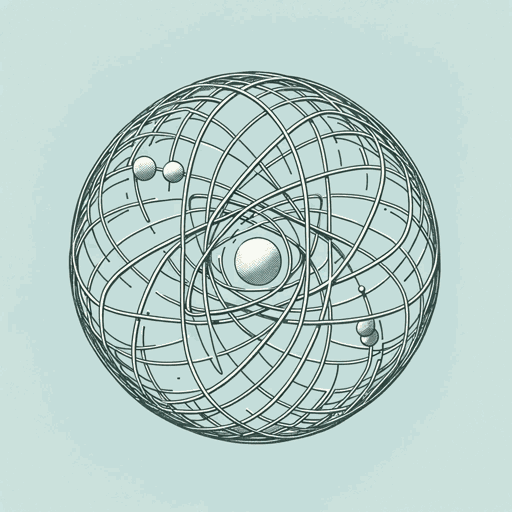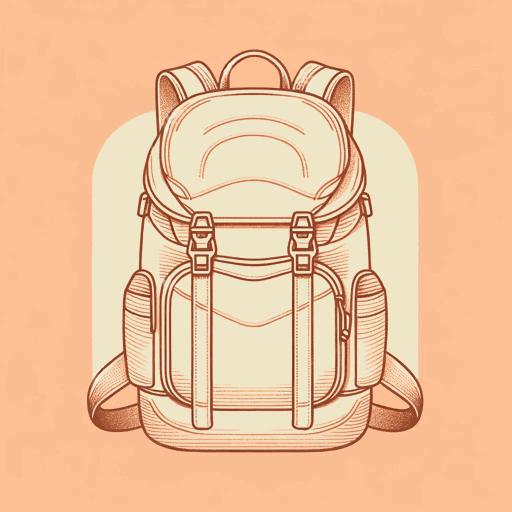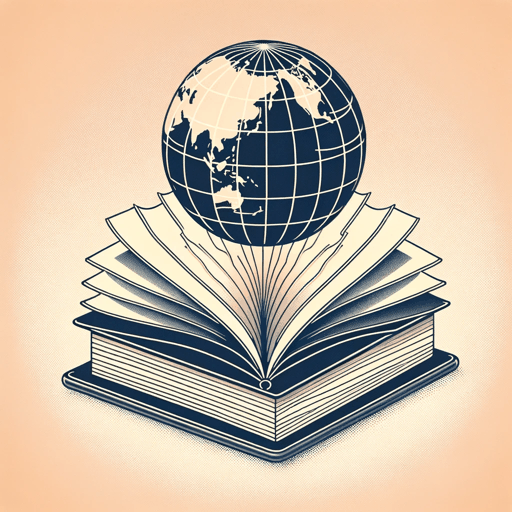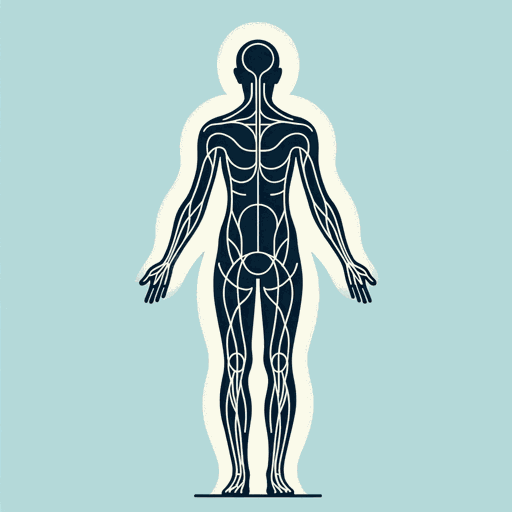73 pages • 2 hours read
Bill BrysonThe Body: A Guide for Occupants
Nonfiction | Book | Adult | Published in 2019A modern alternative to SparkNotes and CliffsNotes, SuperSummary offers high-quality Study Guides with detailed chapter summaries and analysis of major themes, characters, and more.
Chapters 16-18Chapter Summaries & Analyses
Chapter 16 Summary: “Sleep”
Sleep is vital; it improves the functions of many mental and physical systems, “a kind of nightly tune-up for the body” (260). Without sleep, creatures from fruit flies to humans will die, yet no one knows why sleep is so important that animals must spend hours each day paralyzed, unconscious, and vulnerable to predators.
Sleep contains a number of stages. The first is falling asleep; the second is a light slumber; the third is a deep unconsciousness. The fourth is Rapid Eye Movement (REM) sleep, during which dreams occur and mental activity is as great as during wakefulness, but the muscles of movement are paralyzed, except for the eyes, which dart about as if watching a movie. These stages repeat in four or five cycles of about 90 minutes each. With each cycle, the REM phase gets progressively longer, for a total of one-fourth of a sleep session.
People turn over or shift 30 to 40 times a night; young adults wake up briefly several times per sleep session, while the elderly can awaken dozens of times. Dreams may simply be the random firings of neurons during the brain’s housecleaning processes.
Sleepiness is caused by one of several of the body’s biological clocks.
Related Titles
By Bill Bryson

A Short History of Nearly Everything
Bill Bryson

A Walk in the Woods
Bill Bryson

In a Sunburned Country
Bill Bryson

One Summer: America, 1927
Bill Bryson

The Life and Times of the Thunderbolt Kid
Bill Bryson

The Lost Continent
Bill Bryson

The Mother Tongue: English and How It Got That Way
Bill Bryson

